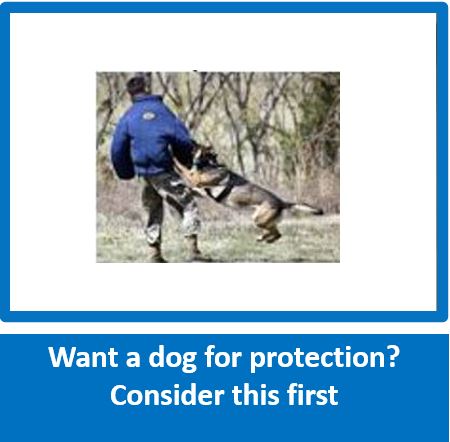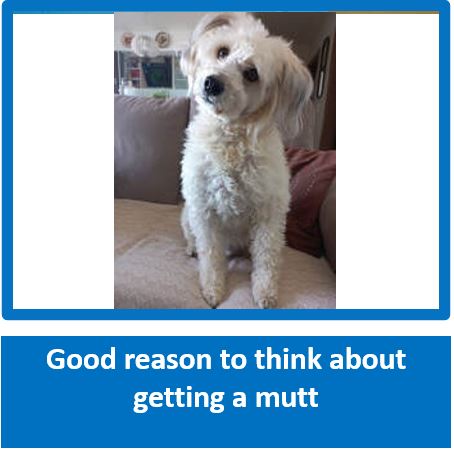Why do dogs chase their tails (and often bite them)
by Friendsofthedog.co.za
by Friendsofthedog.co.za
Dogs are so often full of fun and act like clowns, and I am sure there are many of us that have had a good laugh with the antics of our dogs chasing their tails!
However, this is not always a good idea, and the behaviour can actually increase and eventually result in obsessive behaviour. It is important to determine why your dog is engaging in this behaviour, especially if it stops being only on occasion and becomes a habit, as the behaviour may be causing injury, have underlying medical causes, or starts to distract your dog from it's dog's daily functioning.
If the frequency of the behaviour has increased, see if you can interrupt and call your dog to you while it is engaged in this activity. if you can't there may be more than the dog just having fun involved. Have a look at the reason's below to see if you can identify (and remedy) for the behaviour, and if you can't, do have your dog checked out at the vet and then get in a qualified canine behaviourist - obsessive behaviour can be difficult to change, and prevention is always better than cure!
The Reasons Why Tail Chasing may be Increasing in Frequency
Basics to bring in when tail chasing occurs
If you are at all worried, please do check with your vet and if necessary get professional help.
However, this is not always a good idea, and the behaviour can actually increase and eventually result in obsessive behaviour. It is important to determine why your dog is engaging in this behaviour, especially if it stops being only on occasion and becomes a habit, as the behaviour may be causing injury, have underlying medical causes, or starts to distract your dog from it's dog's daily functioning.
If the frequency of the behaviour has increased, see if you can interrupt and call your dog to you while it is engaged in this activity. if you can't there may be more than the dog just having fun involved. Have a look at the reason's below to see if you can identify (and remedy) for the behaviour, and if you can't, do have your dog checked out at the vet and then get in a qualified canine behaviourist - obsessive behaviour can be difficult to change, and prevention is always better than cure!
The Reasons Why Tail Chasing may be Increasing in Frequency
- Owner's attention - Attention to a dog is attention, whether negative or positive. So when your dog does engage in the tail chasing, rather than shouting at them, or laughing at their antics, just stand up and walk away. Look back casually to see if the behaviour has stopped. If the behaviour is not excessive, the dog will probably just stop. If the dog continues, you may have a possible problem on your hands, and a visit to the vet is called for to ensure no physical reason for the behaviour.
- Medically Related - The most common reason that is medically related is skin problems, often allergies or parasites on the skin. Although the medical reasons a dog may chase it's tail are rare, they do happen. The most common reasons are some neurological conditions such as epilepsy. With older dogs if the dog suddenly starts to chase it's tail, it often signals a psychological or medical condition.
- Injury - as dogs seldom show pain, you may not have realized that your dog may have injured its tail while playing with another dog, a door may have slammed shut and caught the tip of your dog's tail and there is pain involved. To see if this is the case, very slowly and gently, run your hand from the tip of the head (talking quietly to your dog at the same time), down the back and very softly along the tail. if your dog turns and looks at you, moves away, suddenly sits down, it could be that an injury is involved. See if you can see any swelling or similar on the actual tail and point this out to the vet when you take your dog for its check up.
Additionally, if your dog has had any type of operation or treatment on it's tail, the chasing may have developed due to this irritation, and has become a Learned Behaviour, which actually gives the dog comfort. - Breed - Certain breeds, such as any of the Terrier breeds (Bullterrier very common), and also German Shepherds are more likely to engage in tail chasing than other breeds. However, this is not just breed related, there could also be underlying reasons why the behaviour is occurring.
- Pups - Tail chasing is very common in fun loving pups that suddenly find that their tails are great sources of amusement! However, do not allow to become excessive and see if any of the other reasons listed here may be the underlying reason.
- Boredom - is often a reason for the dog entertaining itself in this manner. do ensure that your dog is having a nice, slow walk at least 3 to 4 times a week. Also make sure that there are entertaining toys such as Busy Buddies, Kong's and other safe chew toys for the dog to entertain itself with. In addition, do ensure that the dog is receiving both sufficient mental and social stimulation.
- Anxiety/Frustration - a very common reason why this behaviour may escalate - it is the dog's way of coping. You may find that the dog is over demanding and not coping when its owners are out, or actual separation anxiety may have developed. as a reason for tail chasing. There are many reasons why our dog's may stress and it would be better to bring in a qualified behaviourist to help you, both to determine why the behaviour is happening and also to give you tools to overcome it.
Basics to bring in when tail chasing occurs
- First and foremost, do not pay any attention (negative or positive), rather just stand up and walk out the door.
- Ensure your dog is receiving physical stimulation such as games of ball, regular walks, flirt pole, stuffed chew toys etc. Walks are a real necessity, and the more your dog scents while out for a walk the better.
- Bring in more mental stimulation -scent games, plus hide treats around the garden and get your dog to learn how to find them, invest in a product such as the Foobler which is wonderful for dogs left at home alone. Supply your dog with various chew toys and change these daily.
- Check that your dog does not have an injury or skin condition, and keep a good eye on any changes in both physical and behaviour, especially if you have a Golden Oldie.
If you are at all worried, please do check with your vet and if necessary get professional help.





